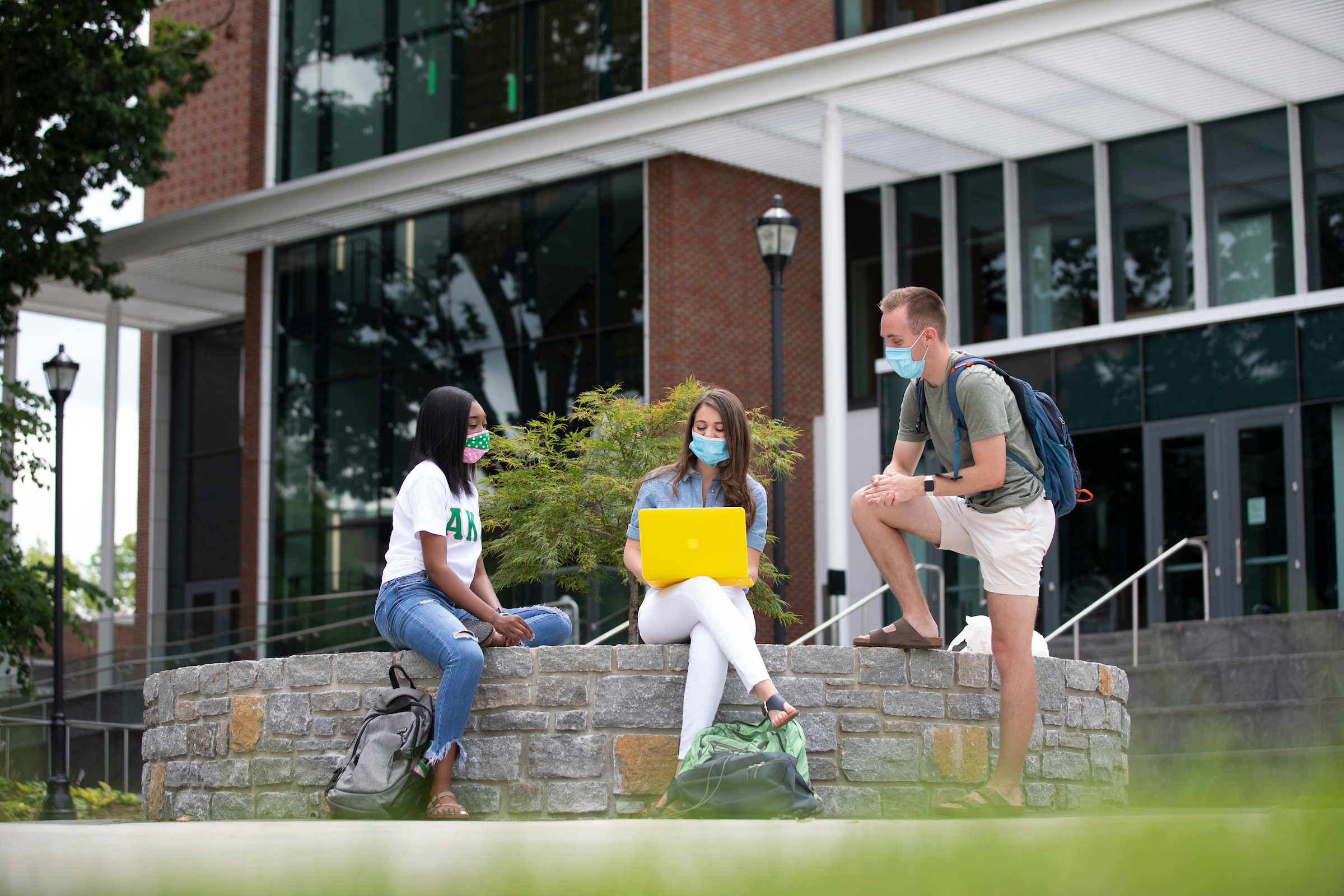
A New Beginning June 19, 2020
Dear Campus Community,
This afternoon, I had the honor again of representing you – and your outstanding work – before our Board of Trustees.
It is clear that our board has a deep sense of faith in you and an abiding sense of commitment to this special place. It is also clear that they are confident, as I am, that we can meet this moment – a time of unprecedented challenge for UK and, in so many ways, for our country.
As one writer recently noted, we are in the midst of a “collision of crises.”
To that end, we provided board members with an update on the restart playbook that we released earlier this week. It’s the product of thousands of comments from you and the tireless work of more than 500 members of our community.
We also focused on the other historic challenge confronting us – the pain and stain of systemic racism that has prompted weeks of demonstrations across our country. The names of George Floyd, Ahmaud Arbery and one of our former students, Breonna Taylor, have been painfully etched in our hearts and minds. But we must do more than remember. We must do more than give voice to our pain. We must do more than recite – in speeches and videos, commemorations and marches – that our intent is to do better.
It is time to act.
Today, we acted.
We announced the first steps in what will be a comprehensive effort and commitment to an action plan, designed to accelerate progress at UK for Black members of our community and for diversity across our campus. Some of our first steps include:
- Starting with this academic year, Juneteenth – June 19 – will be auniversity holiday. That marks the day in 1865 when enslaved Texans learned they were free – the last remaining enslaved African Americans – more than two years after President Abraham Lincoln issued the Emancipation Proclamation.
- Requiring cultural proficiency training for all faculty and teaching assistants; training on handling race discussions in the classroom; diversity and inclusion training for students prior to the start of the fall semester; and strengthening the diversity curriculum for UK 101.
- Earmarking more funds for greater diversity faculty and staff recruitment.
- Creating a mini-internship program and developing a student advisory group to increase the pipeline toward careers in higher education.
- Expanding the university’s supplier diversity purchasing program.
- Empaneling a principles of community committee (evaluate Creed and Code).
- Conducting a facilities audit as part of the development of adiversity/inclusivity master plan for the campus and creating a “percent for art fund” in which dollars for large capital construction projects would be earmarked to purchase diverse and inclusive art.
- Building out the development of – and consistency in policies around – diversity and inclusion officers within each UK college.
- Creating a research alliance – as UK did in response to the coronavirus – to study and develop strategies around the reduction of social and racial injustice and health disparities.
The action steps – which you can read more about here – will be developed over the next several weeks and months. All of them will be put into motion by the end of the fall semester, and we will be communicating consistently and repeatedly throughout this process as we must involve our entire campus community in this effort.
I read an interview recently with Vanessa Holden, an assistant professor of history and African American and Africana studies at UK, about the beginnings of slavery in 1619. Her words remind all of us of the paradox of history – moments of deep pain and peril, but also promise and potential.
We can choose which path we take.
“It is hard to move on,” Professor Holden said, “when you don’t know where you’ve been or where you’re at now. Slavery is everywhere. It’s in our architecture, our city plans and layouts, our place names, and our cultural institutions like our music, bourbon, and horses. Enslaved people’s labor, lives, and experiences shaped our state and our nation. 1619 is one beginning. But Kentucky has many other beginnings of its own. History is full of beginnings and the present can be one too.”
Let us remember that history is full of beginnings.
Let us be guided by the idea that the present can be one, too.
Let us commit today to a new beginning, one from which we will not retreat ever again.
Eli Capilouto